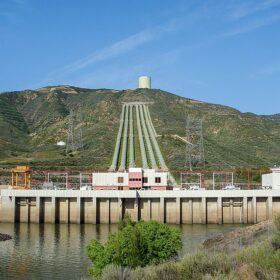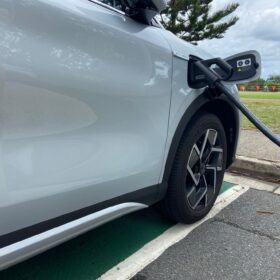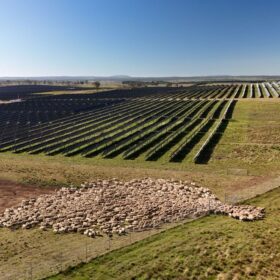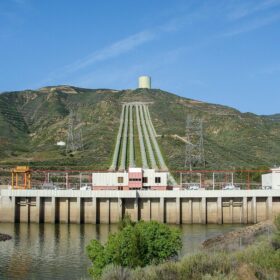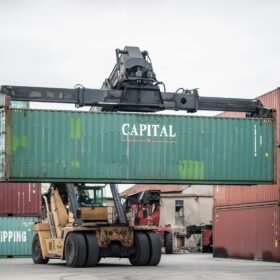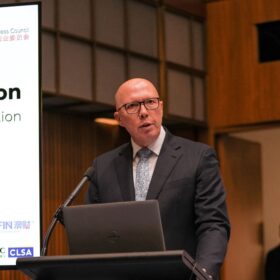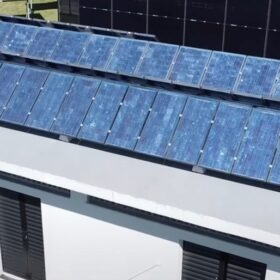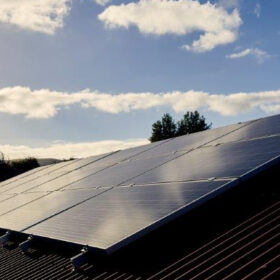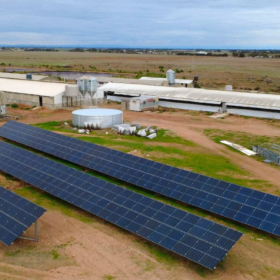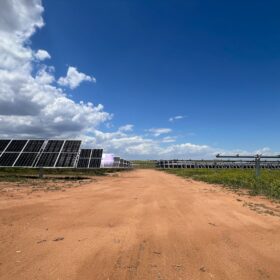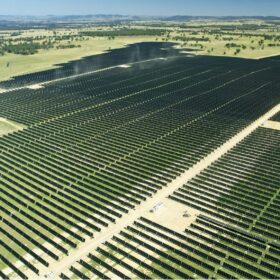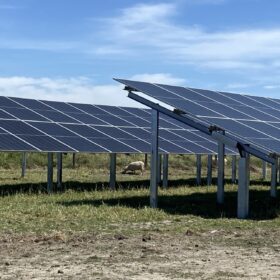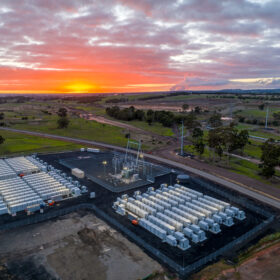Clean energy future isn’t just possible … it’s here now
Australia is in the middle of an historic transition away from fossil fuels to renewable energy and this transition is not without challenges. Investment in new, large-scale renewable energy capacity has been slowed by grid bottlenecks, slow planning approvals, rising costs, and a lack of alignment between energy supply and demand. This has many experts fearing Australia will not meet its ambitious 2030 climate targets.
EV ‘grid’ lock: why a myopic focus on grid upgrades means we’ll never reach net zero
If you talk to any politician or even some sustainability experts, the one thing most of them will point to as we transition our electric vehicles on the road to net zero is a need to update the grid.
Election signals pumped hydro and renewable energy transition inevitable
Solar and wind have won the global energy race. They accounted for 80% of new global power capacity installed in 2023. In Australia, 99% of new capacity is wind or solar.
Electric vehicle sales slump blamed on misinformation
Battery electric vehicle sales in Australia have flattened in recent months. The latest data reveal a sharp 27.2% year-on-year decline (overall new vehicle sales were down 9.7%) in September. Tesla Model Y and Model 3 cars had an even steeper drop of nearly 50%.
Key to unlocking Australia’s renewable energy potential
Critics of renewable energy projects are quick to argue that building solar and wind farms on productive farming and grazing land has a deleterious effect on Australia’s agricultural production.
Energy storage is a solved problem
There are thousands of extraordinarily good pumped hydro energy storage sites around the world with extraordinarily low capital cost. When coupled with batteries, the resulting hybrid system has large energy storage, low cost for both energy and power, and rapid response. Storage is a solved problem.
Riding China’s green capital tsunami to harness cleaner future for Australia
As the world races to decarbonise, China is leading the way. It committed more than $145 billion (USD 100 billion) in outbound foreign direct investment since 2023 across decarbonisation sectors including solar, wind, batteries, grid, new energy vehicles, hydro and green hydrogen.
Dutton’s nuclear plan extends coal use, cost unknown
Opposition leader Peter Dutton has revealed the Coalition’s nuclear energy plan relies on many of Australia’s coal-fired power stations running for at least another 12 years – far beyond the time frame officials expect the ageing facilities to last.
Circular economy and solar photovoltaics: is there a case for second-life PV modules?
What happens to a solar PV module after its expected 25-year operational life? With about 2 TW of rooftop and utility-scale PV already deployed worldwide, and a large number of them being retired before operating for 15 years, the amount of PV modules being discarded is growing every year.
Rooftop solar could solve New Zealand energy crisis, boost resilience
New Zealand’s current electricity supply crisis requires immediate solutions. But we argue the government’s emphasis on importing natural gas and construction of centralised solar farms is a missed opportunity.


